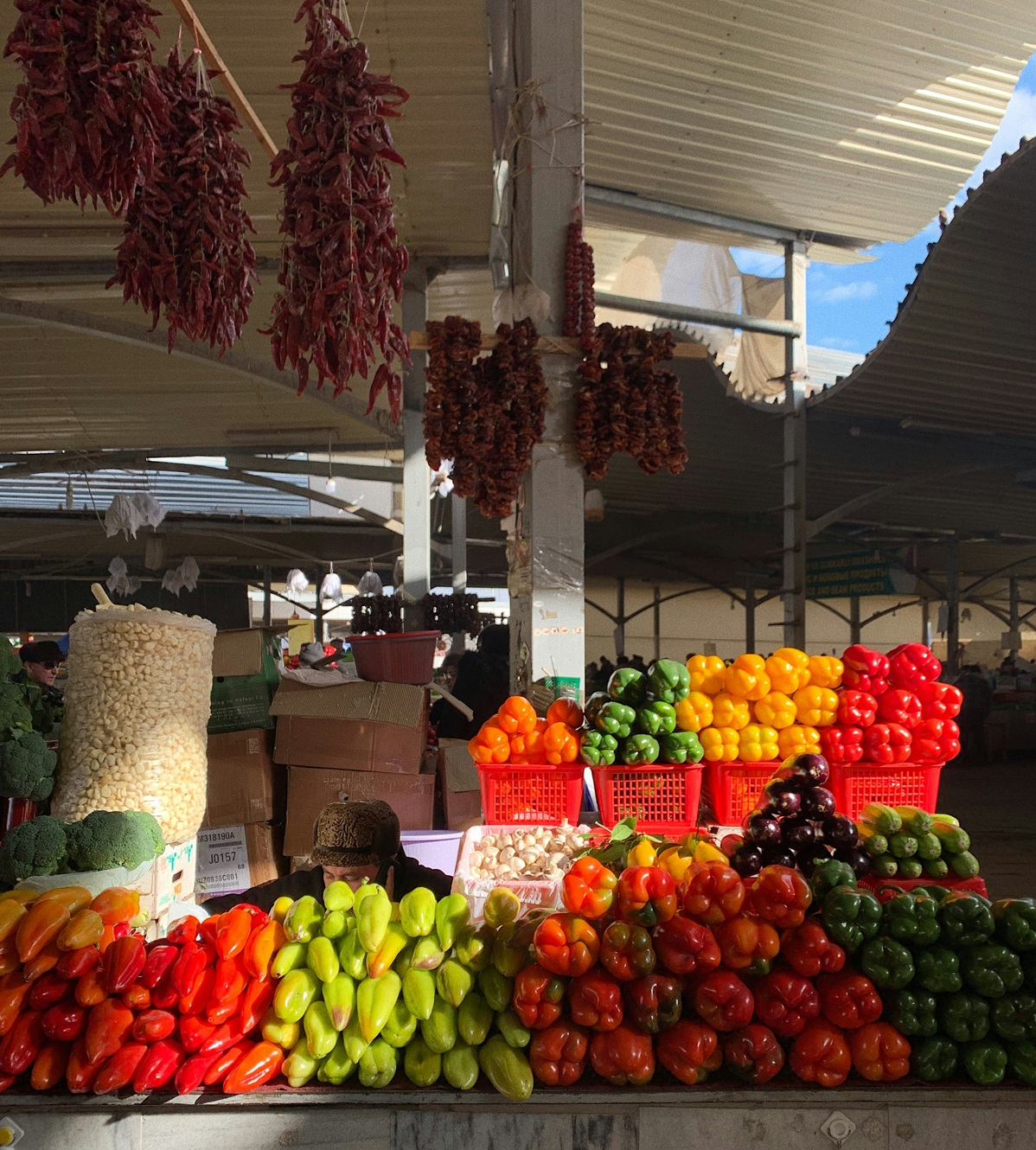Tashkent's fight against food waste
As part of a five-year plan to increase the country's ‘food security’, the Uzbek government has issued new regulations requiring citizens and businesses to take ambitious steps to reduce the enormous accumulation of food waste. But as everywhere in Central Asia, the effective implementation of this “revolution” imposed from above remains to be seen.
Tashkent (AsiaNews) - In Uzbekistan, a decree by the Council of Ministers has proclaimed the five-year period 2026-2030 as one of ‘food security’, during which measures will be implemented to guarantee the population a supply of quality products, reduce waste, including through discounts in shops, compliance with regulations relating to wedding parties, and the cleaning and recycling of waste from catering establishments.
During this period, any unnecessary waste of food will be combated, with “increased awareness” for minors and adults about “rational nutrition” and food preservation, and how to organise the appropriate reprocessing of food leftovers.
Controls will also be strengthened to ensure compliance with the regulations established for wedding banquets and other family gatherings, as established by parliament in 2020, principles that have been largely ignored until now and which also include a limit on the number of participants at large lunches and celebrations. Since last spring, there has been talk of a new document to restore order to these very traditional events in Uzbekistan.
The decree is therefore presented as the implementation of the Save Food programme, concerning “the rational use of food products”, to reduce the enormous accumulation of food waste and waste in the community food sector.
From 1 June 2026, food companies will only be able to connect to centralised sewage systems if they are equipped with grease traps, and they will have to clean them of accumulated grease at least once a month, while grease waste will be sent to reprocessing facilities for reuse. In particular, there are plans to organise the production of secondary materials from processed fats to obtain household soap, animal feed and other derivatives.
Interested companies that use gas, wood or coal for food preparation will have to install devices to capture pollutants and odours in order to reduce their impact on air pollution. From 1 January, the system for using organic fertilisers obtained from food waste will be expanded to support the cultivation of agricultural products.
To limit losses in agricultural production, a system will be introduced to monitor all stages of the production chain up to delivery to buyers, including packaging, loading, delivery and storage.
A comprehensive system of discounts will be applied in shops for food products that are reaching their expiry date based on production. Urban planning rules and regulations will have to include specific requirements for ventilation and air purification devices in catering establishments.
As is often the case in Uzbekistan, and in Central Asian countries in general, these “behavioural revolution” regulations are announced with great commitment and solemn and inevitable prospects, only to be subjected to the very approximate responsibility of a population all too accustomed to archaic and semi-nomadic lifestyles, which are difficult to eradicate solely through decrees imposed from above.
07/02/2019 17:28







.png)










